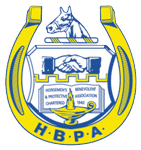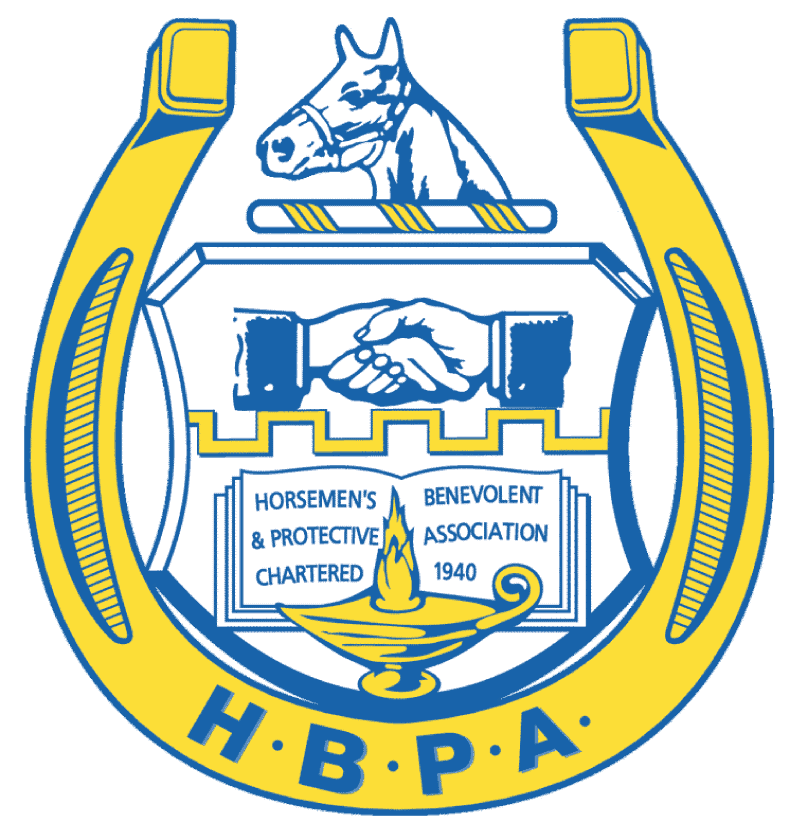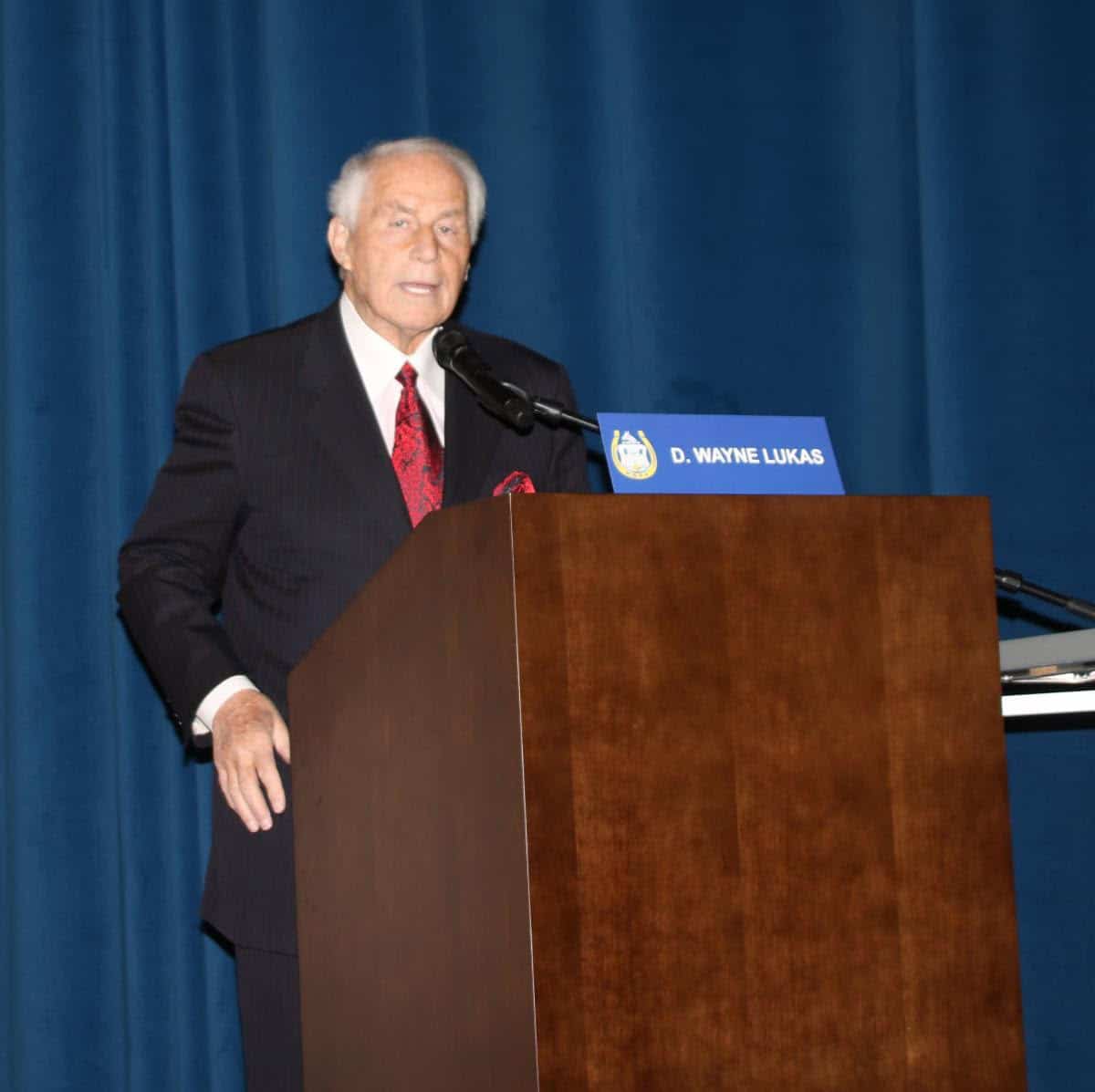Tampa Reports 10% Hike in All-Sources Handle
Blood-Horse
All-sources pari-mutuel handle is up 10.3% year-to-date at Tampa Bay Downs, which puts the Florida racetrack on course to average more than $4 million per day and finish with its highest wagering total since the 2010-11 meet.
Also through Feb. 22, average field size is up 9% year-to-date, from 8.26 to 9.00 starters per race.
Margo Flynn, vice president of marketing and publicity at Tampa Bay, attributed the increases partly to the absence of last season’s one-time competition from Calder Casino & Race Course and continued growth in Tampa Bay’s popularity, including its turf racing, with simulcast bettors.
In addition, several weather-related cancellations at tracks in northern states, particularly on consecutive Saturdays in January, helped generate undetermined but significant additional simulcast and advance deposit wagering on Tampa Bay races.
In data provided to The Blood-Horse, Tampa Bay officials said average daily all-sources handle was $4,094,499 through Feb. 22, the 49th day of the 88-day meet. That was 10.3% higher than $3,713,695 for the first 49 days of the 2013-14 meet. For each period, Tampa Bay had 475 races.
For its full 2013-14 meet, Tampa Bay had an average daily all-sources handle of $3,786,891. That was down 5.4% from $4,002,461 in 2012-13. Tampa Bay’s best average daily all-sources handle was $4,545,541 in 2010-11.
Through Feb. 22, the track’s average daily live handle was up 16.1% year-to-date, from $197,751 to $229,649. Average daily attendance was up 2.4% from 2,978 to 3,042.
Tampa Bay handle numbers are higher than in 2013-14, even though it is not getting what it estimates would be $350,000 a day from 23 tracks and their related wagering outlets that are members of the MidAtlantic Cooperative, a group that negotiates simulcast host fees.
Tampa Bay is among signals distributed by Monarch Content Management, a subsidiary of The Stronach Group. Since Dec. 1, 2014, amid a dispute over pricing, Monarch has not been sending the signals of Tampa Bay, Gulfstream Park, Santa Anita Park, Laurel Park, and several other tracks to members of the cooperative.
“We are pleased with our numbers so far, especially considering the MidAtlantic (Cooperative) situation,” Flynn said.
Tampa Bay is heading into what traditionally is one of the strongest parts of its meet.
Its annual Festival Day will be March 7, with the $350,000 Tampa Bay Derby (gr. II) for 3-year-olds and two other graded turf stakes: the $150,000 Florida Oaks (gr. IIIT) at 1 1/16 miles for 3-year-old fillies and the $150,000 Hillsborough Stakes (gr. IIIT) at 1 1/16 miles for older fillies and mares.
Tampa Bay had its all-time best Festival Preview day Jan. 31, with an all-sources handle of $9,897,714 for 12 races. Handle got an undetermined boost from the extreme-weather cancellation of racing at Aqueduct Racetrack in New York.
Tampa Bay’s all-time record handle is $10,949,948 on Tampa Bay Derby day in 2011.
Tampa Bay will have five days of racing a week through March 1. It will have racing each Wednesday, Friday, Saturday, and Sunday through May 3, and then be dark until June 30-July 1, the last day of Florida’s 2014-15 fiscal year and the first day of its 2015-16 fiscal year.
By racing on the first day and last day of a fiscal year, with a traditional meet of at least 40 days in between, Tampa Bay, since 2013-14, has been eligible to be a year-round host track for interstate simulcasts.
A Florida host track pays Thoroughbred tracks outside of Florida to take signals and then sells them to other Florida pari-mutuel outlets. The annual wagering at those “guest tracks”—mostly Greyhound tracks that offer full-card simulcasts of horse races—has been in the $250 million to $270 million range and provides about $35 million in revenue to be divided among host tracks, with half of that amount designated for purses.
Prior to 2013, the Florida Division of Pari-Mutuel Wagering allowed a Florida Thoroughbred track to serve as a host only during a live race meet. That limited Tampa Bay to five months of host-track business.
Lat July, Calder leased its racing operations to Gulfstream, so Gulfstream and Tampa Bay are now Florida’s only host tracks, both year-round.
The latest figures from the Florida DPMW show that guest-track wagering was about $92.5 million through last Nov. 30, the first five months of fiscal 2014-15. Gulfstream was the host for $71.9 million of that total, while Tampa Bay was the host for $20.6 million, which generated about $2.8 million in revenue.
That is based on an assumed 20% blended pari-mutuel takeout rate (about $4.1 million), with the guest tracks keeping 33.3% and the host keeping the remainder. Prior to 2013, Tampa Bay did not have any host-track revenue during the July-November period.





